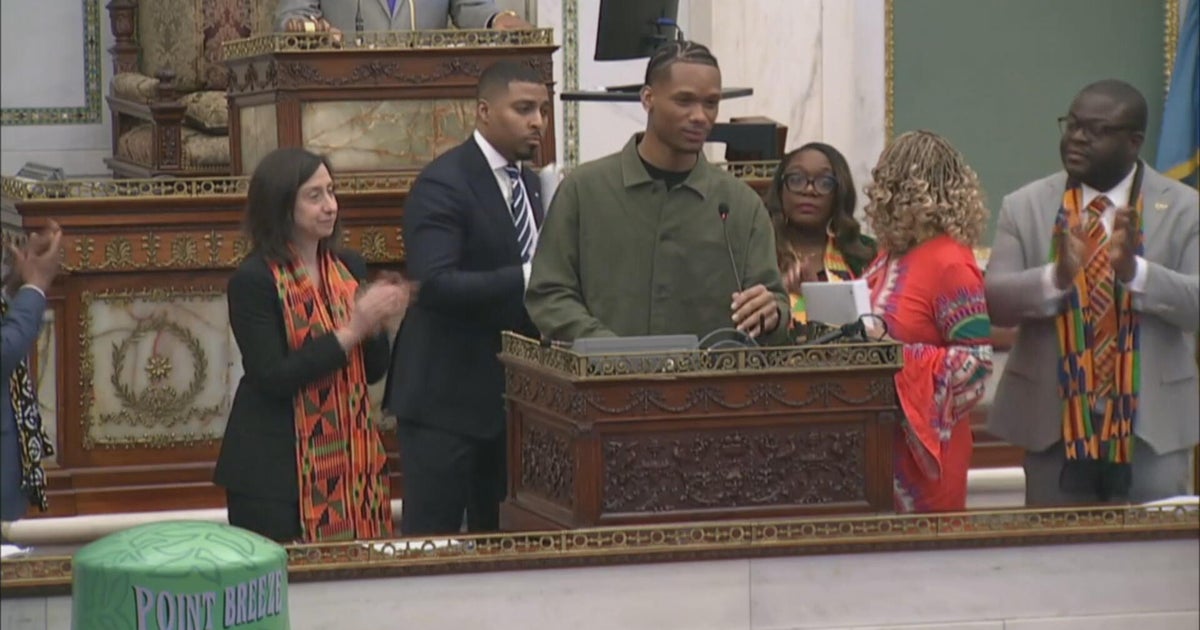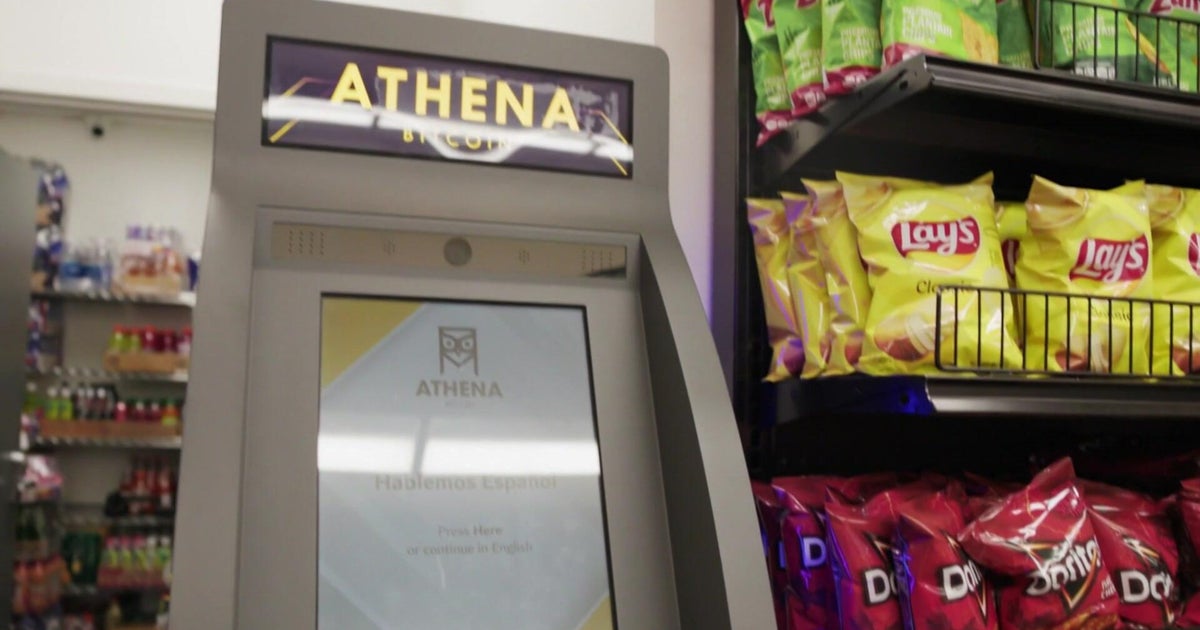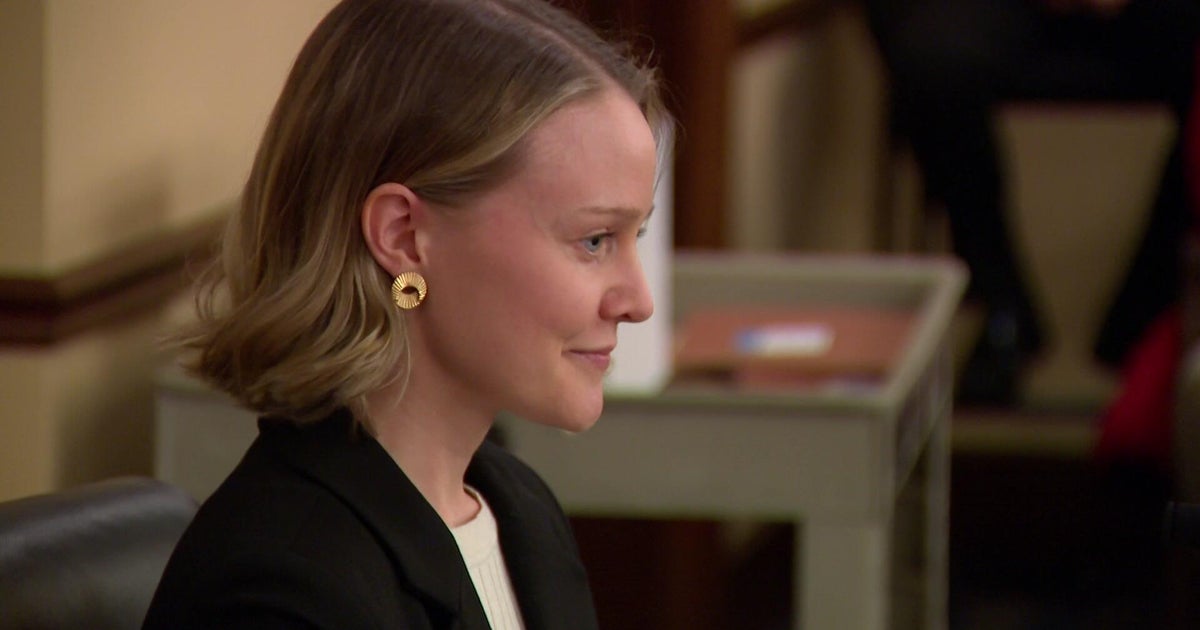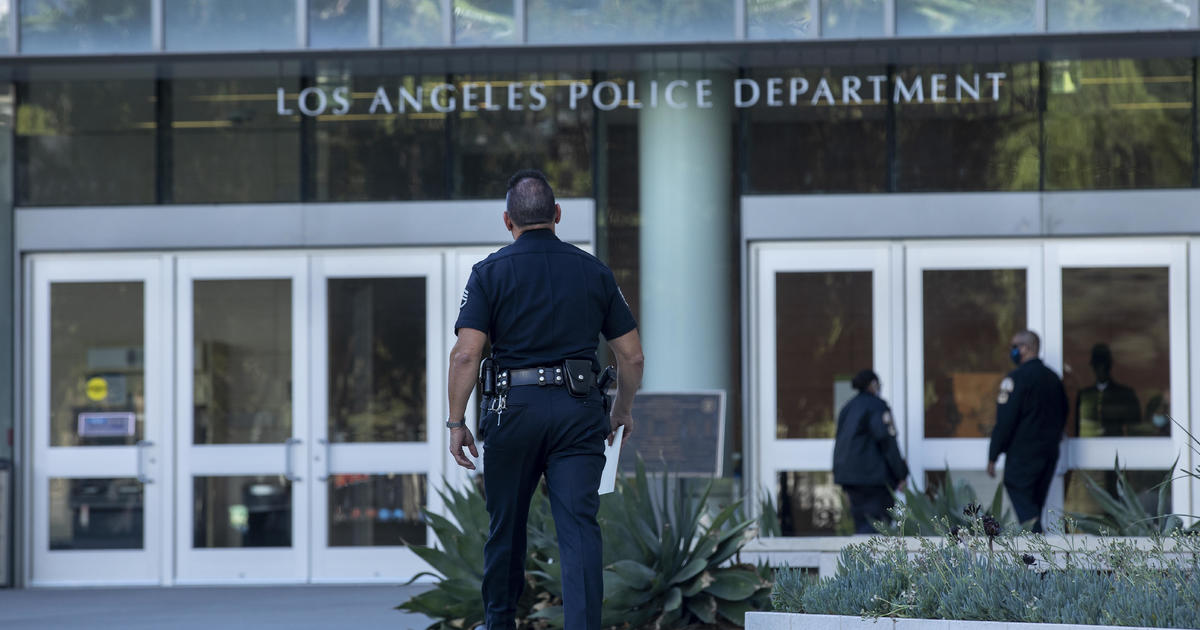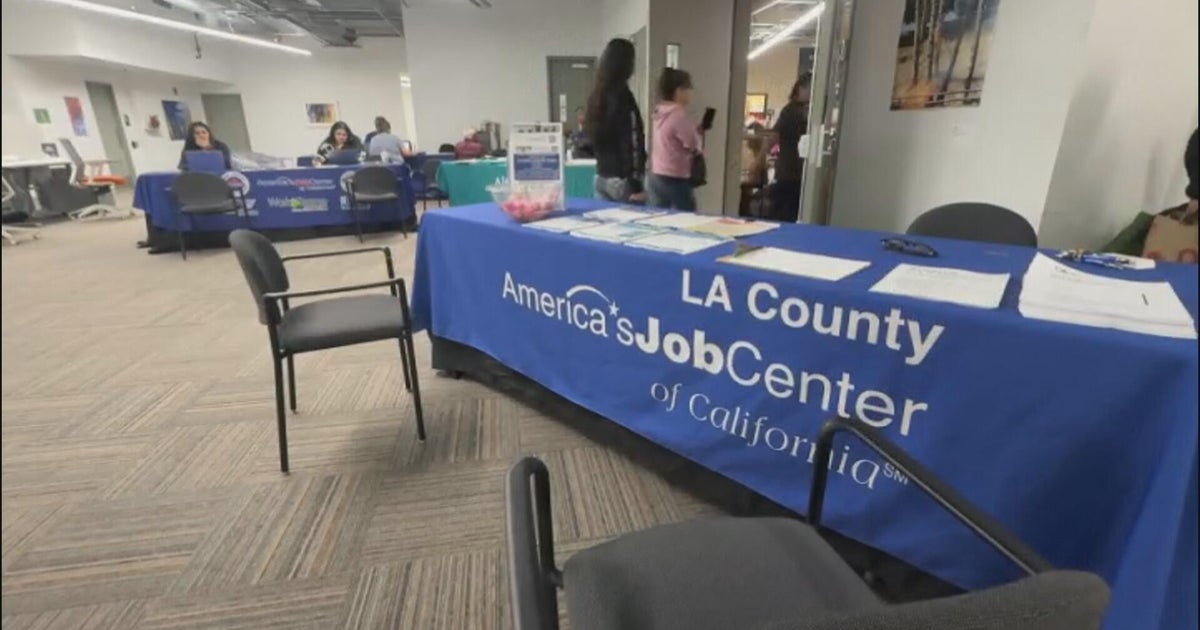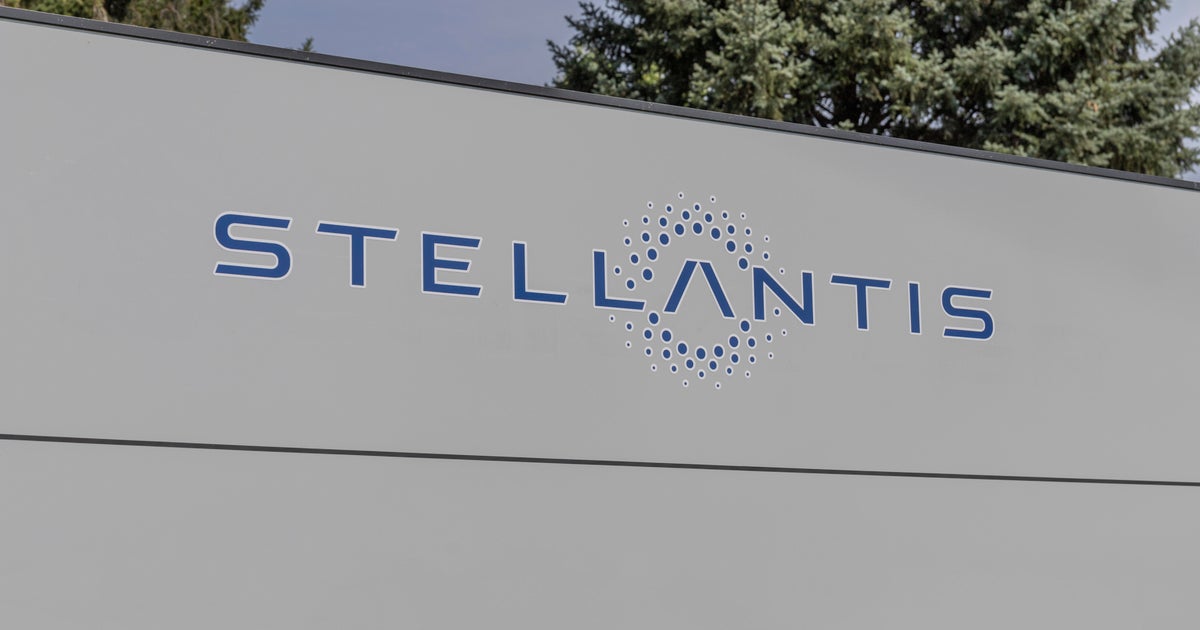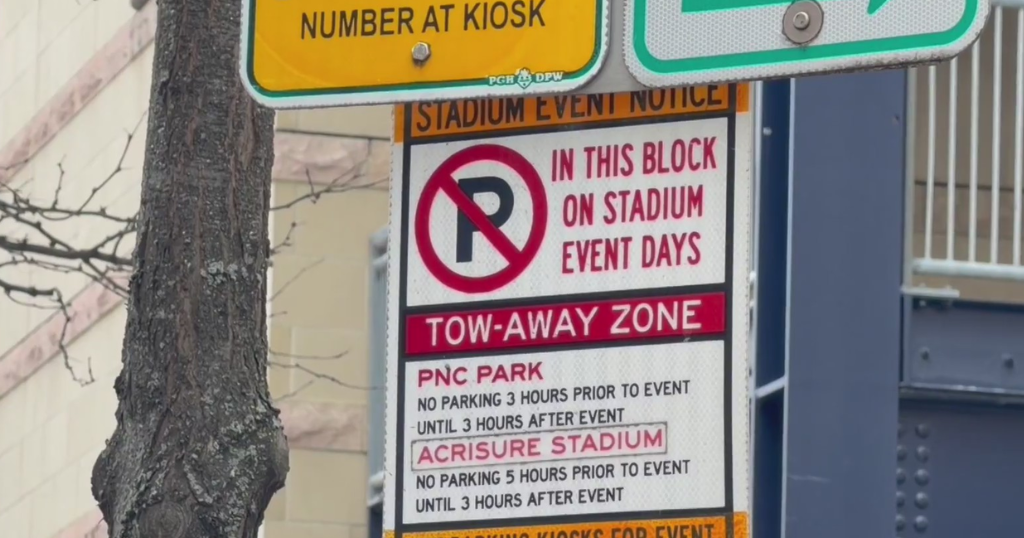Special Session Clock Ticking For Miners On Unemployment
ST. PAUL, Minn. (AP) -- As lawmakers make last-ditch efforts to call a special session, hundreds of steelworkers and mine laborers are counting the days until their last unemployment check arrives and know they may have to take jobs that'll pull them away from Minnesota's faltering Iron Range.
Mired in a global slump in the steel industry with few signs of a quick turnaround, nearly 3,000 workers' benefits from the state will expire before lawmakers can extend them during the next legislative session, which begins in early March.
While some steelworkers have shifted into a federal benefits program that requires new career training, more than 2,000 electricians, engineers and other vendors who depended on the mines and have since been cut loose aren't so lucky, with the vast majority of them not qualifying for federal benefits. Their final unemployment checks will come by the end of February.
But more than two months into negotiations by top legislative leaders, there's still no answer for how or when lawmakers will extend unemployment benefits.
Democrats and Republicans are still haggling over the final details of an emergency package, but the main hangup is whether it's urgent enough for a special session; GOP lawmakers who control the House want to wait until session starts on March 8. Legislative leaders are set to meet with Gov. Mark Dayton Friday in hopes of reaching a final decision.
After putting in 16 years at U.S. Steel's Keewatin taconite plant mine, Kelly Peterson's layoff notice from came in May. Her 26 weeks of unemployment from the state got her through November. She's now enrolled in the federal unemployment program, charting a major career change by studying psychology at a local community college.
But if the call came from the mine, the 39-year-old said she'd quit school and go back.
"I have to. I have to support my family," the mother from Bovey said. "There is a future date of loss that you have to worry about: The day you're going to lose your insurance, the day you're going to lose your unemployment. Those are all looming."
The federal program that Peterson and her co-workers enrolled in, which is good for two years, is not an option for the estimated 3,700 construction and other trade workers who were out of work with the mines idled. Their unions are pleading with Minnesota lawmakers to extend the state's benefits as soon as possible.
"We need to get people through this extremely tough time," said Julia Donnelly, political director with the International Union of Operating Engineers Local 49.
Working groups of lawmakers from both parties have agreed that any extension should apply to displaced workers who aren't employed directly by the shuttered mines, but they differ on length.
Dayton and fellow Democrats are pushing for a 26-week extension, while Republicans have proposed a 13-week expansion that they say matches similar moves in the past. House Speaker Kurt Daudt said Thursday he'd accept the longer window and didn't consider it a major sticking point.
But there's no clear answer on whether the longer, six-month bridge for all of the region's unemployed will be enough. Some taconite plants have said they may fire back up later this year, but Peterson and others are careful to put too much faith in that.
"We could be back tomorrow, we could be back 6 months from now. There is no date," said Dan Charter, a 59-year-old who was also laid off in Keewatin. "That's the toughest part: The fear of the unknown."
(© Copyright 2016 The Associated Press. All Rights Reserved. This material may not be published, broadcast, rewritten or redistributed.)
